World coffee prices increased sharply on both London and New York exchanges. A positive trend appeared due to the benefit of a weak USD.
Domestic coffee prices increased by VND 1,800/kg, accordingly, the highest transaction level in localities reached VND 66,800/kg, continuing to be recorded in Dak Nong province.
During this time, the influence of supply information and weather information in major coffee growing and harvesting regions around the world is an important factor in determining prices in the international trading market.
According to preliminary data from the General Department of Vietnam Customs, coffee exports in May reached 149,667 tons (about 2.49 million bags), down 8.52% from the previous month and down 5.35% from the same period last year, nearly 10% lower than the initial estimate of the General Statistics Office. The information has contributed to supporting the increase in robusta coffee prices.
ICE New York inventories fell to their lowest level in more than six and a half months to 547,800 bags as of June 14. This information contributed to supporting the increase in Arabica coffee prices.
 |
| Domestic coffee prices today, June 16, increased by 1,800 VND/kg in some key purchasing localities. (Source: YouTube) |
At the end of the trading session on June 15, the price of robusta coffee on the ICE Futures Europe London increased sharply. The price of robusta coffee futures for delivery in July 2023 increased by 79 USD, trading at 2,804 USD/ton. The price of delivery in September increased by 63 USD, trading at 2,757 USD/ton. Trading volume increased sharply.
Arabica coffee prices on the ICE Futures US New York exchange turned up. The July 2023 delivery futures increased by 2.6 cents, trading at 187.00 cents/lb. Meanwhile, the September 2023 delivery futures increased by 2.8 cents, to 182.95 cents/lb. Trading volume increased sharply.
Domestic coffee prices today, June 16, increased by 1,800 VND/kg in some key purchasing localities.
Unit: VND/kg. (Source: Giacaphe.com) |
The dollar fell in the last trading session, after the US Federal Reserve (Fed) decided to keep interest rates unchanged as expected. The Fed's decision was supported by a report on June 14 showing that US producer prices fell more than expected in May, with the annual increase in producer inflation being the smallest in nearly 2.5 years.
According to technical analysis, technical indicators on the robusta floor are showing signs of continued upward momentum. It is expected that in the short term, robusta coffee prices will fluctuate and accumulate within the range of 2685 - 2750. If robusta coffee maintains and trades above 2730, it will still have the potential to increase in price. However, the near support price zone of the price is 2680 - 2685. If this price zone is lost, robusta coffee can re-establish a downward trend.
In the Arabica market, yesterday's price increase temporarily stopped the decline of Arabica coffee. The MACD lines have crossed but the price trend is not clear. In the short term, Arabica prices are expected to fluctuate and accumulate within the range of 180 - 185. Arabica coffee prices need to surpass 185 and close at this price to have a chance to recover. Conversely, if the 180 level is lost, a downtrend can be established.
The 27 member states of the European Union (EU) have officially passed a law banning the import of products linked to deforestation into the EU. The law, which is expected to come into effect around the end of 2024, will require companies selling goods in the European Union to provide due diligence statements and verifiable data proving their goods were not grown on land deforested after 2020.
ICE said its ICoT (Import and Export Control) service will independently verify and audit company data to ensure it complies with the new law, covering cocoa, coffee, beef, soy, palm and other commodities.
The passing of this new law is a challenge that requires manufacturing and exporting enterprises to change more strongly, towards building brands in the direction of responsibility and transparency.
On the positive side, Vietnamese associations and businesses believe that the new EU regulations are also an opportunity to increase market share. Because the EU regulations prohibit the import of agricultural products produced on land with deforestation and forest degradation origins after December 31, 2020, and according to the Forestry Department, Vietnam has implemented a policy of closing and stopping the exploitation of natural forests since 2014. However, a correct understanding of this regulation will be necessary for us to go the long way.
Source











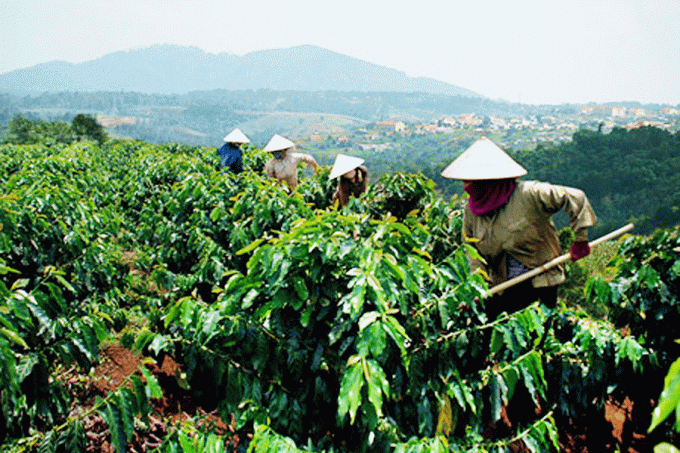

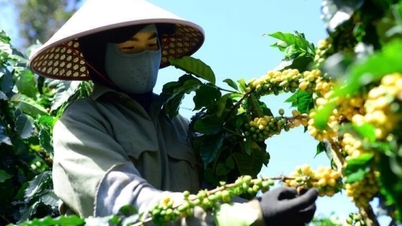
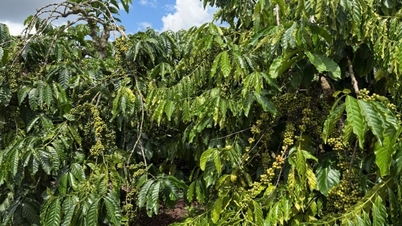






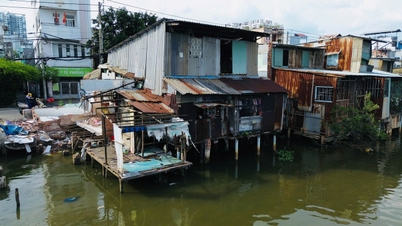
















![[Photo] Parade to celebrate the 50th anniversary of Laos' National Day](/_next/image?url=https%3A%2F%2Fvphoto.vietnam.vn%2Fthumb%2F1200x675%2Fvietnam%2Fresource%2FIMAGE%2F2025%2F12%2F02%2F1764691918289_ndo_br_0-jpg.webp&w=3840&q=75)
![[Photo] Worshiping the Tuyet Son statue - a nearly 400-year-old treasure at Keo Pagoda](/_next/image?url=https%3A%2F%2Fvphoto.vietnam.vn%2Fthumb%2F1200x675%2Fvietnam%2Fresource%2FIMAGE%2F2025%2F12%2F02%2F1764679323086_ndo_br_tempimageomw0hi-4884-jpg.webp&w=3840&q=75)




























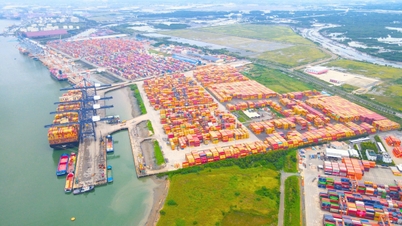












































Comment (0)